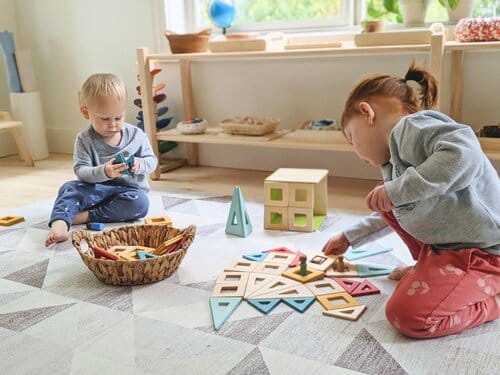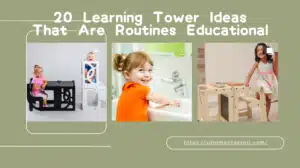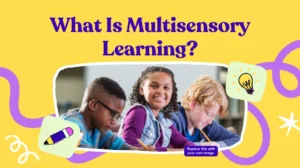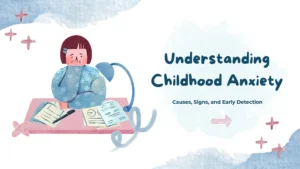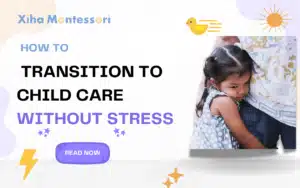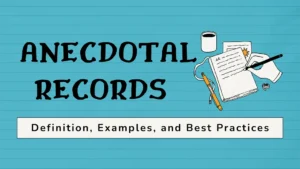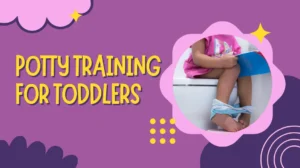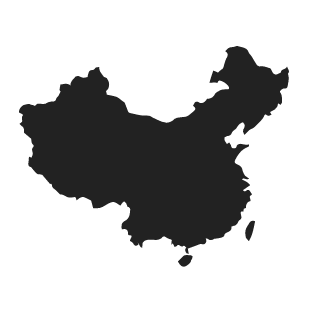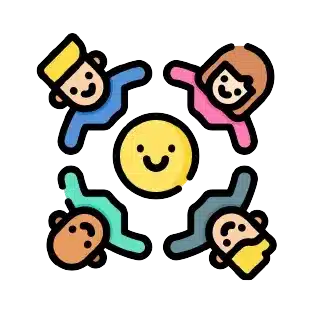Every child has their own special talents and endearing personality traits, but when it comes to ‘giftedness’, some preschoolers exhibit abilities and development that are more advanced than other children their age.
Here, we look at the common characteristics of gifted preschoolers, and find out how they are supported in the early learning environment.
What are some signs of giftedness in young children?
According to the Victorian Department of Education and Training, there are several ways to determine a child’s giftedness. They may show:
- Early language development, e.g. after they start talking, they quickly become articulate, with a broad vocabulary
- The ability to think in abstract
- A strong memory, i.e. they don’t need to go over things as often as other children do, and can remember and retell events in detail
- An ability to focus and concentrate on tasks of interest, e.g. completing advanced puzzles and playing games with complex rules
- Intellectual curiosity
- Sophisticated behaviour, which can translate as taking on leadership roles, inventing complicated playground games, preferring to play with older children or finding social interaction tricky
- A strong motivation to learn
Gifted children still have to learn things like reading, writing and numbers, but they often develop skills faster than their peers, without ‘coaching’ by parents or educators.
Although their cognitive development may be more advanced, gifted children aren’t necessarily advanced in other developmental areas. For instance, a gifted preschooler may be reading very well for their age, but still working on the same fine motor skills as their peers.
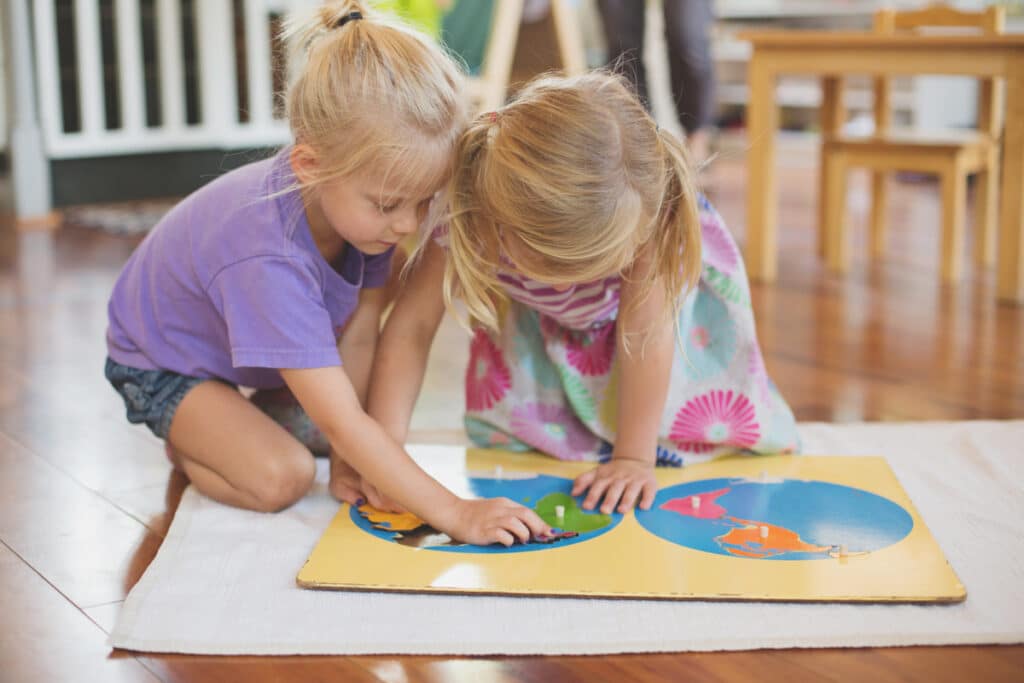
Can babies and toddlers be gifted?
Edith Cowan University gifted children researcher, Dr Kate Burton, says that giftedness can appear in a child’s very early years.
Dr Burton told the ABC that these infants are unusually alert, and that gifted babies and toddlers, ‘Tend to reach milestones earlier, such as talking, and may master reading, maths skills or be able to do complex puzzles earlier than expected and without being taught.’
How do educators support gifted preschoolers?
The Tasmanian Department of Education says that gifted preschoolers may describe normal play activities as “boring” or their peers as “too babyish,” so there are key strategies that educators can use to challenge and support them in the early learning environment.
In its Supporting Gifted Children document, the Department highlights these five approaches:
- Grouping
Gifted children often compare themselves against other children at an earlier age, so educators explain to them that they’re simply learning more quickly than other children, and provide regular chances to play and learn with ‘like-minded’ peers, e.g. those with similar interests or who are at the same stage of cognitive development.
- Being flexible with time
A gifted preschooler might grasp a concept or skill very quickly, or they might want extra time to deeply explore a play-based task; so educators monitor their progress and are flexible around the time spent on different activities.
- Increasing the level of complexity and challenge
The Department says that, ‘As for all children, it is critical that gifted children have opportunities to wrestle with a problem that they find hard, to try a range of strategies, to concentrate deeply and to develop persistence and resilience in their learning.’
This means educators should interact with gifted children to determine their level of learning, and provide a wide range of resources that will engage and challenge them.
- Stimulating high-level thinking
To get the little grey cells going, educators ask gifted children probing and open-ended questions (such as ‘What if…’ and ‘How could we…’) when sharing books, videos, puzzles and games.
Educators also invite gifted children to take part in activities where they:
– Apply their understanding, e.g. ‘Show me how you…’
– Make evaluations, e.g. ‘Which one is better…’
– Create something new, e.g. ‘Can you build a…’
– Analyse, e.g. ‘Let’s group…’
- Exploring educational games and other resources together
As well as using traditional resources, like toys and books, to engage gifted preschoolers, educators can also share digital resources, such as learning apps, videos, games and songs. These enable preschoolers to learn to their level and try out ideas in a fun and switched on way.

The above strategies highlight the importance of flexibility and collaboration when teaching gifted preschoolers and, in line with this, the Victorian Department of Education and Training recommends that early childhood professionals, ‘Create a personalised learning curriculum for gifted children.’
This modified curriculum, ‘Responds to the individual learning abilities of a gifted child’ and offers more advanced content, plus opportunities for adaptable and accelerated learning as the child moves from concrete to complex thinking.
At the end of the day, it’s important that parents and educators support and challenge gifted preschoolers. This helps to ensure a smooth transition to school; it wards off the potential for boredom, frustration and disengagement; and it helps preschoolers be the best that they can be – both in terms of how they think and how they feel.

